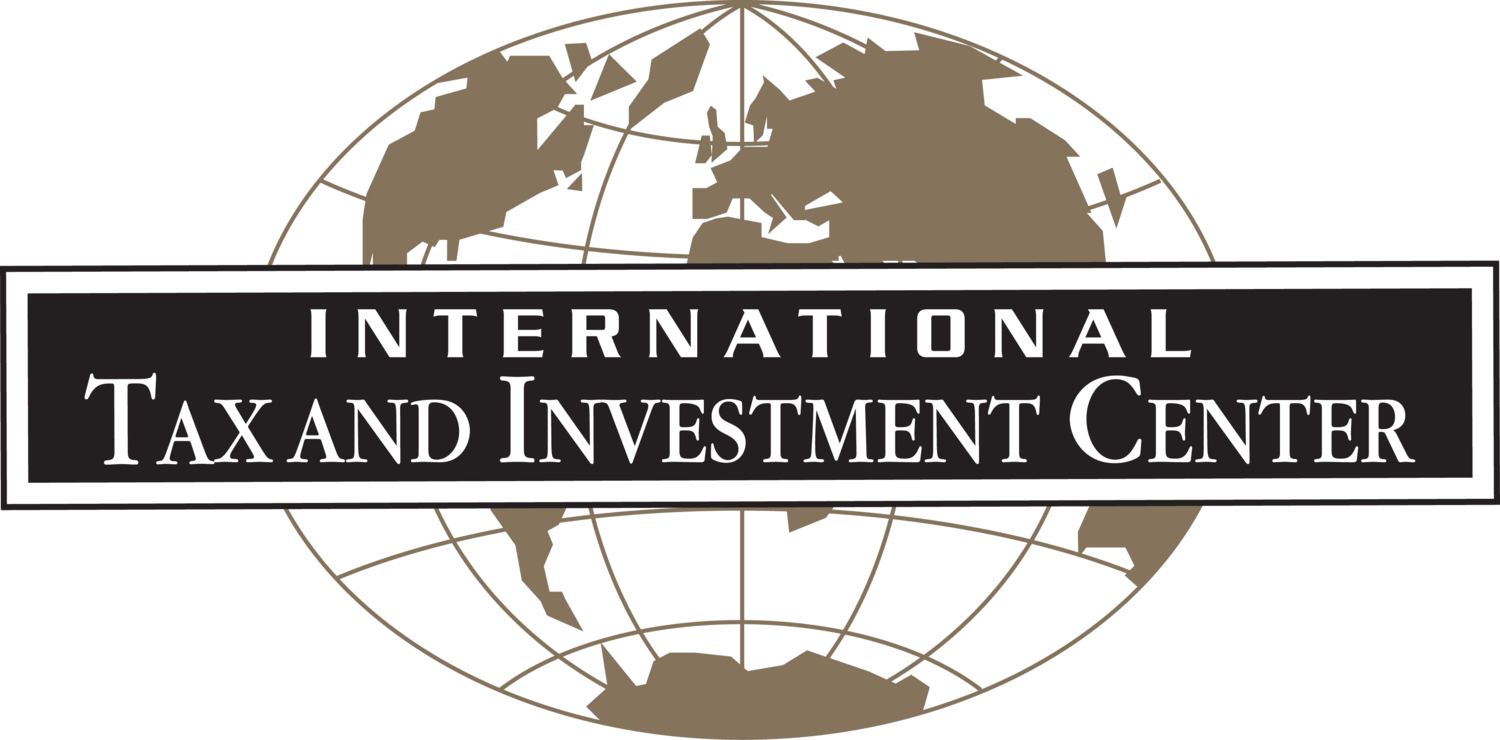The mood at last weekend’s IMF and World Bank Spring Meetings was the most optimistic since the global financial crisis of 2008-2009, as evidenced by the communiqué issued by the IMF’s Governing Board: “The global economic recovery is gaining momentum, commodity prices have firmed up, and deflation risks are receding.” Nevertheless, there are concerns that political and policy uncertainties (often citing the U.S. and EU) pose risks to improving growth. Concerns were also expressed by government officials, IMF senior representatives and civil society groups about “those who have been left behind” and have not benefited from global economic integration and technological progress.
Impending VAT in the GCC: Much Still to be Clarified
The slump in oil prices in the last few years has increased the pressure on the Gulf Cooperation Council (GCC) states (Bahrain, Kuwait, Oman, Qatar, Saudi Arabia and the United Arab Emirates) to seek more sustainable government revenues through taxation. Corporate income tax is currently the only direct tax imposed within the GCC, and even then Bahrain and the UAE only impose the tax on narrow sectors of the economy. Customs duty, imposed uniformly across the GCC, is currently the main indirect tax assessed in these countries. Just over three years ago, the need to introduce VAT intensified due to the ever increasing challenges on the governments to meet their budget commitments.
GST – Long-Awaited Step in India’s Economic Reforms
After 11 long years, the journey to introduce a Goods and Services Tax (GST) in India is now nearly complete. The Dual GST Model will see the Central Government, 31 State Governments and 5 Union Territories levy and collect GST concurrently on a common tax base. The final hurdle was passed on 29 March when the lower house of the Union Parliament, Lok Sabha, approved the follow-up implementation related to the CGST Act, UTGST Act and IGST Act. Additionally, the act relating to compensation by the Centre to the States for possible revenue loss due to GST has also been passed. The 31 States will now follow suit in getting the SGST Acts passed in their respective State legislatures, based on the common template for the laws that was finalized with consensus among the Centre and the States. No further problem or delay is envisaged, particularly because the template was decided by the GST Council unanimously, and the council has representatives from all political parties ruling different states.
OECD Task Force on Countering Illicit Trade Meets in Paris
The OECD Task Force on Countering Illicit Trade held its fifth meeting on 28-29 March in Paris, with over 80 attendees ranging from Customs and/or Revenue Authorities of OECD Member States, NGOs, academics, and private-sector firms (such as Apple and DHL). A broad range of national government agencies and international organizations – Ministries of Finance and Justice, Her Majesty’s Revenue and Customs, U.S. Department of Homeland Security, Europol, World Customs Organization, and EU Intellectual Property Office – were represented at the meeting. Discussions focused on strengthening institutional capacities to counter illicit trade, including through e-commerce, as well as countering illicit trade in counterfeits and wildlife, as well as illicit trade conducted in Free Trade Zones.
Attendees endorsed the future development of a voluntary Code of Conduct for businesses operating in Free Trade Zones and taking steps to strengthen cooperation among Customs, mail operators and logistics providers to improve risk assessment and enforcement action related to internet sales of counterfeit goods.
The conference maintained a high-level of interest throughout with excellent, well-presented papers and presentations due to the strong leadership of Task Force Chair David Luna, and tremendous support from the OECD team of Rolf Alter, Jack Radisch and Michael Morantz.
ITIC Comments on Transfer Pricing in the Oil and Gas Industry
ITIC’s Oil and Gas Taxation and Regulatory Dialogue recently submitted comments on The Platform for Collaboration on Tax's "Discussion Draft: A Toolkit for Addressing Difficulties in Accessing Comparables Data for Transfer Pricing Analysis." The toolkit “is designed to assist developing countries in navigating an important area of international tax policy: transfer pricing [… and] specifically addresses the ways developing countries can overcome a lack of data on “comparables,” or the market prices for goods and services transferred between members of multinational corporations.”

